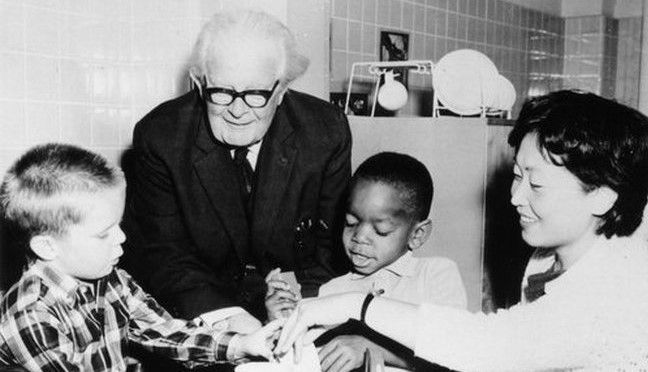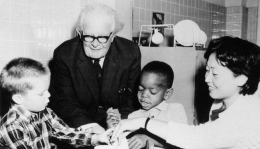The four phases of development stated above are quite precise in terms of the age at which they occur, and I don't think they need to be because many children manage their mental activity earlier than others, and many do not manage it at all, or the formal status of operation has been attained. At the very least, they never put it into action.
In contrast to the other specialists and theory developers mentioned in my previous reflections, they have based their work not only on the cognitive domain of the child, as Piaget did, but also on the development of the child's environment and the social environment in which they live, as in my Behavioral Learning reflection.(Read more here.)
Piaget acknowledges that environmental influences play a role in cognitive development, but his view of child development ignores the effects of social interaction because Piaget studied and analyzed the stages from an individual perspective, not when a child plays in a group with other children his or her age. Piaget also questioned the overabundance of capacity that he perceived to be involved in the production of knowledge.
Finally, despite these contradictory aspects, in my opinion, a study of Piaget’s theory will help any teacher see how a student’s mind grows. The basic premise of Piaget’s thesis is that knowledge is a product of a person’s connection with their environment rather than a duplicate of reality. As a result, it will always be particular and unique.
Baca konten-konten menarik Kompasiana langsung dari smartphone kamu. Follow channel WhatsApp Kompasiana sekarang di sini: https://whatsapp.com/channel/0029VaYjYaL4Spk7WflFYJ2H







